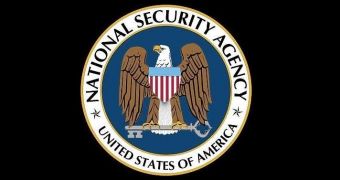Six months after the NSA revelations began, the cherry on the agency’s cake has finally been revealed – they have managed to infiltrate the online gaming community.
You are probably laughing already, but it’s true. The Guardian, The New York Times and ProPublica have published a new document from the Snowden stash, exemplifying how the NSA and the GCHQ have decided to infiltrate the online game communities, including high-ranking names such as World of Warcraft or Second Life.
The agencies have built mass-collection capabilities against the XboxLive console network, played World of Warcraft or Second Life, seeking terrorists. Although in truth, they were probably trying to level up their characters during work time, the official statement is that among the millions of innocent gamers, there surely must have been a bunch of terrorists (I nominate the spammers trying to sell gold).
Joke aside, the 2008 document titled “Exploiting Terrorist Use of Games & Virtual Environments,” points to the fact that it’s dangerous to leave games communities under-monitored. Instead, they’re a “target-rich communications network” where intelligence agents could hide in plain sight.
In fact, so many agents were conducting “operations” inside games that they had to create a “deconfliction” group to make sure they weren’t accidentally spying on each other.
The NSA document states that it’s completely possible to create vast amounts of intelligence by properly exploiting games, which could then be used as a window for hacking attacks, to create an image of people’s social networks, to obtain target identifiers, physical locations and much more.
Blizzard Entertainment, the giant company behind World of Warcraft is, obviously, completely unaware of any surveillance taking place. “If it was, it would have been done without our knowledge or permission,” it said, which, of course, comes just in line with the NSA’s habits that seem to work on the idea that it’s easier to ask for forgiveness than to beg for permission.
Microsoft and Linden Lab, the team behind Second Life, refused to comment on the latest revelations. So did the NSA, in fact, while the GCHQ gave an absolutely bland statement, where they couldn’t confirm nor deny the revelations.

 14 DAY TRIAL //
14 DAY TRIAL //